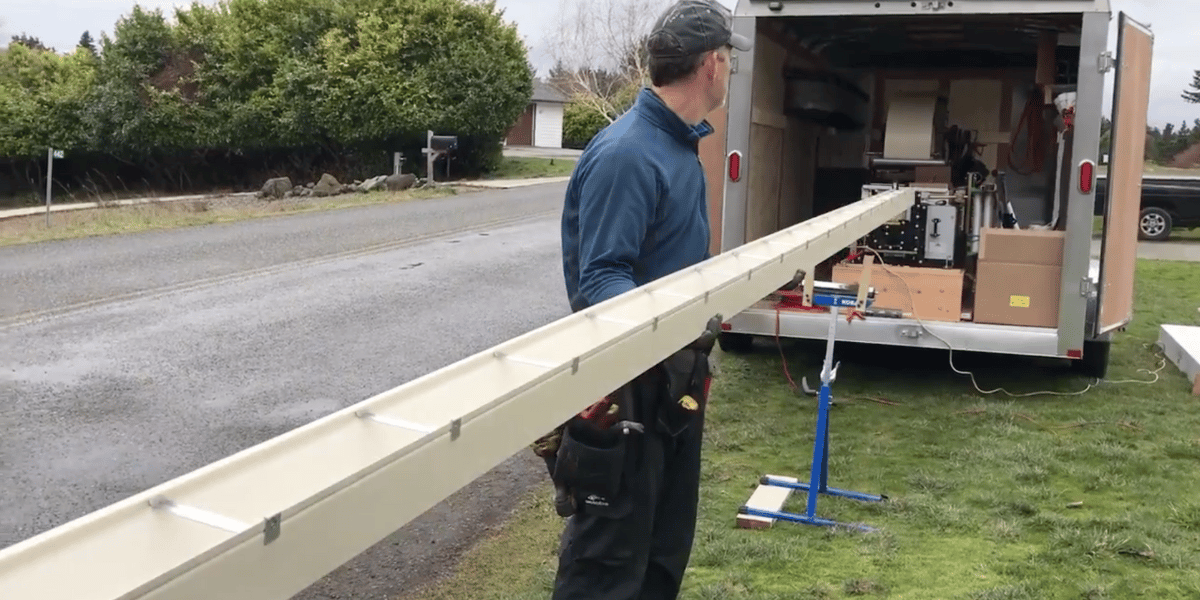- Mind Hacker
- Posts
- How Avoidants React When They Lose the Right Person
How Avoidants React When They Lose the Right Person

On the surface, avoidant people seem calm after a breakup. They don’t chase, they don’t beg, and they rarely cause scenes. Their silence can make it look like they never cared at all. But that impression misses the deeper truth.
Avoidants often feel the most intense pain when they lose the right person. Their reactions are slow, quiet, and often delayed—surfacing only after it’s too late to repair what’s broken. Hidden beneath pride and numbness, the loss lingers longer than they admit.
Want to get the most out of ChatGPT?
ChatGPT is a superpower if you know how to use it correctly.
Discover how HubSpot's guide to AI can elevate both your productivity and creativity to get more things done.
Learn to automate tasks, enhance decision-making, and foster innovation with the power of AI.
The First Response: Denial and Distraction
In the beginning, avoidants convince themselves they are fine. They tell themselves they needed freedom, or that distance is safer. Old survival stories resurface: “It’s better to be alone than to feel trapped.”
They pour themselves into work, hobbies, casual flings, or endless solo time. To outsiders, they may look relieved, even happy. But this is only a shield—a way of delaying the pain they’re not ready to face.
The Slow Ache
Unlike others, avoidants don’t feel the full weight of heartbreak immediately. Their emotions move slowly. It can take weeks, months, even years before grief surfaces.
When it does, it arrives in quiet waves. A late-night song. A memory triggered by a scent. Scrolling through old photos. They may try to recreate the same connection with someone new, only to realize it cannot be replicated. That is when regret begins to sink in.
Why That Person Felt Different
Avoidants rarely let others in. They test, push away, and build walls. But if someone stays, someone who sees past the defenses and still accepts them, that creates a rare sense of safety.
Losing that safety feels like losing ground. They may not say, “I miss how patient you were,” but in silence, they replay the little moments. They notice the kindnesses they once dismissed. And they feel the sting of what they lost.
Regret That Stays Quiet
Regret is common, but action is rare. To reach out means being vulnerable. It means admitting mistakes. For an avoidant, that feels terrifying.
They might write a message but never send it. Check your social media in silence. Ask about you indirectly through friends. If they do reach out, it’s often vague, awkward, or half-hearted. And if you respond coldly, they retreat, telling themselves the same old story: “Love is unsafe. Distance is safer.”
When Loss Becomes a Turning Point
For some avoidants, losing the right person is the wake-up call they needed. They begin reading about attachment, considering therapy, or reflecting on their patterns. The pain becomes fuel for growth.
But others stay stuck, replaying the same script. They mistake safety for distance, never realizing that their armor is what keeps them lonely.
If You Were the One Who Left
You might wonder if they think of you. They do, more often than you imagine. Their grief is private, their silence protective. It doesn’t mean you didn’t matter. In fact, your patience and presence often become the quiet proof of what love really feels like.
Whether or not they change, know this: you mattered. You were not replaceable.
Protecting Yourself: Boundaries and Self-Care
If you left for your peace, keep it. A few practices can help:
Be clear with yourself about why you left.
Decide your boundaries if they return—whether it’s honesty, therapy, or nothing at all.
Hold firm. Avoidants may want another chance without showing change. Actions matter more than words.
Set conditions if you’re open to reconnecting: small steps, clear timelines, accountability.
Remember: choosing not to reconnect is also valid.
For avoidants, losing the right person can be one of life’s hardest lessons. The pain is real, even if hidden. Whether it sparks growth depends on their choices.
And for the one who left: your love wasn’t wasted. Some of the deepest changes happen in silence. Some lessons arrive too late. But the care you gave remains unforgettable.
Here’s What a 1-Day Gutter Guards Upgrade Should Cost You In 2025
Forget about climbing ladders or clearing wet leaves out of your gutters. Keep your home safe and boost its value with a simple, long-lasting solution. More than 410,000 homeowners already made the switch — and love the results.
Find out how it works and see local, no-middleman pricing today.



Reply